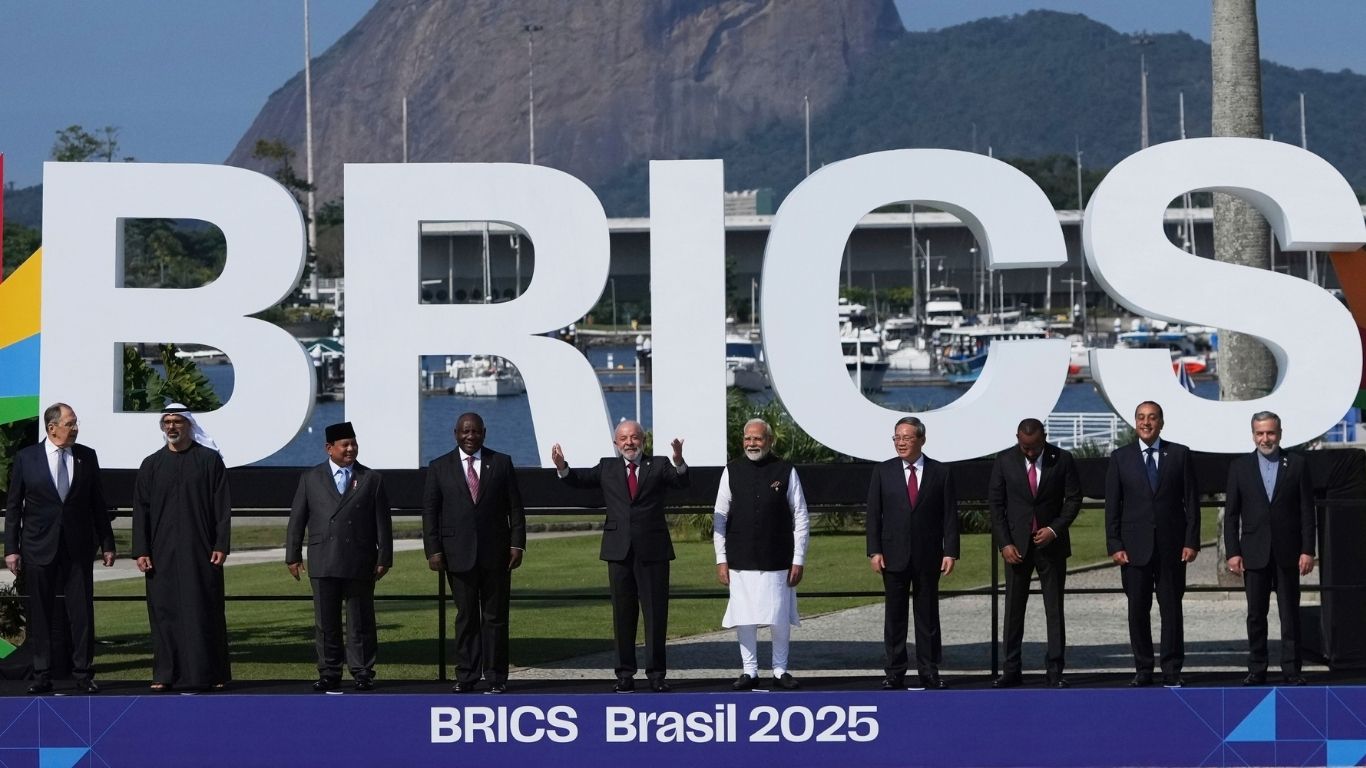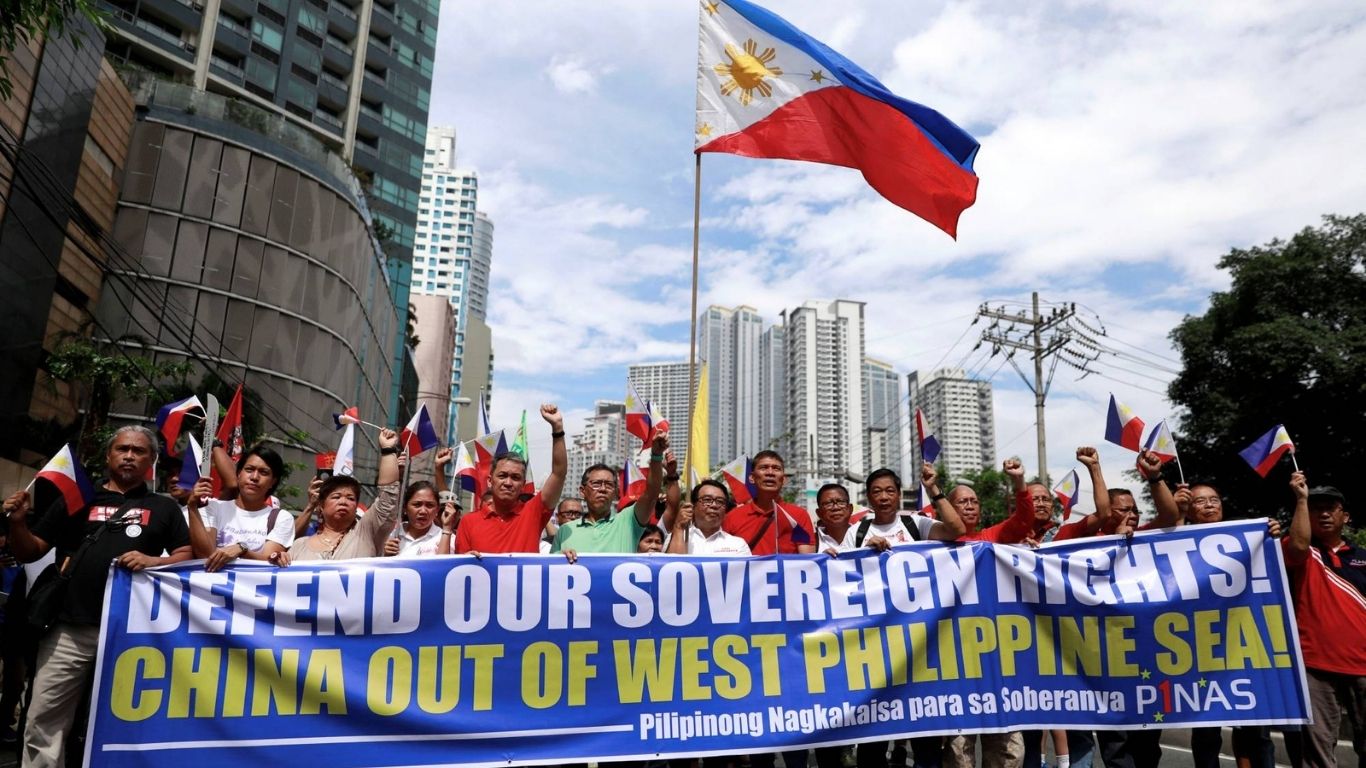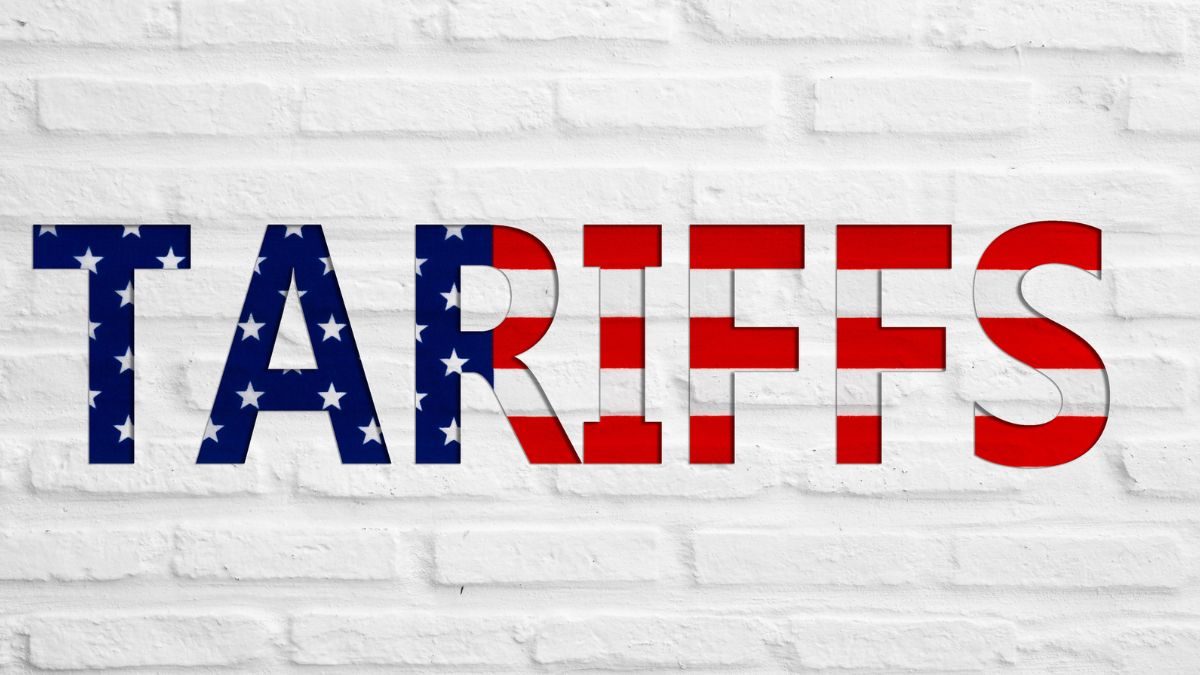In the Nov. 6 column on U.S.-Turkish relations during the Trump era, reporters examined potential areas of cooperation and conflict between the two NATO allies. These issues spanned bilateral and regional challenges.
They recommended that the new Trump administration reassess the realities of modern Türkiye and align its relationship with Ankara to fit the evolving multipolar world. Specifically, one reporter suggested that the U.S.:
“Recognize Türkiye’s independent foreign policy and approach it as a cooperative partner rather than a competitor, especially in combating terrorism and addressing new challenges.”
Expert Insights on U.S.-Türkiye Relations
To delve deeper into the ties between the U.S. and Türkiye, reporters spoke with James Jeffrey, a former U.S. ambassador to Ankara and Baghdad, and Robert Ford, a former U.S. ambassador to Syria.
Optimism and Shared Interests
Jeffrey expressed optimism about future relations, citing strong ties between Trump and Erdogan during 2017-2021. He highlighted shared interests, as like:
- Maintaining stability in Europe and the Middle East,
- Countering Russia and Iran, and
- Fighting terrorism.
Jeffrey also suggested:
“Türkiye could play a significant role in Trump’s plans for a Ukraine ceasefire.”
Persistent Challenges
However, challenges persist, particularly concerning U.S. support for the PKK/YPG in Syria. While Erdogan and Trump may adopt pragmatic approaches to conflicts like the Black Sea war, the friction over terrorism policies remains significant. Turkiye’s role in mediating between warring parties could be instrumental in resolving such issues.
Political Dynamics and Key Contention Areas
Ford emphasized that U.S.-Turkiye relations will hinge largely on Trump’s personal rapport with Erdogan, influenced by his instincts, advisors, and political pressures. He noted key areas of contention, including:
- Türkiye’s ties to Hamas,
- Its use of Russian technology, and
- Unresolved extradition requests for members of the Gülenist group.
Syria: Diverging Strategies
On Syria, both experts agreed that the future of U.S. military presence in the region remains uncertain. They diverged on strategies:
- Jeffrey: Advocated cooperation with Türkiye to manage Syria’s challenges.
- Ford: Highlighted the complexity of American policy priorities, including concerns about ISIS and Iran’s influence.
Gaza and the Hamas Debate
Gaza is another contentious issue.
- Türkiye views Hamas as a resistance group, while the U.S. sees it as a terrorist organization.
- Jeffrey suggested:
“A Gaza without Hamas could open avenues for U.S.-Turkiye collaboration.”
- Ford warned:
“Hosting Hamas could severely harm Ankara’s relations with Washington, potentially leading to sanctions.”
Türkiye’s Perspective and Strategic Value
As the Trump administration takes office, Türkiye adopts a cautious yet optimistic “wait-and-see” approach, emphasizing actions over words. In a shifting global order, maintaining strong ties with Türkiye is strategically valuable for the U.S. and other global powers.




